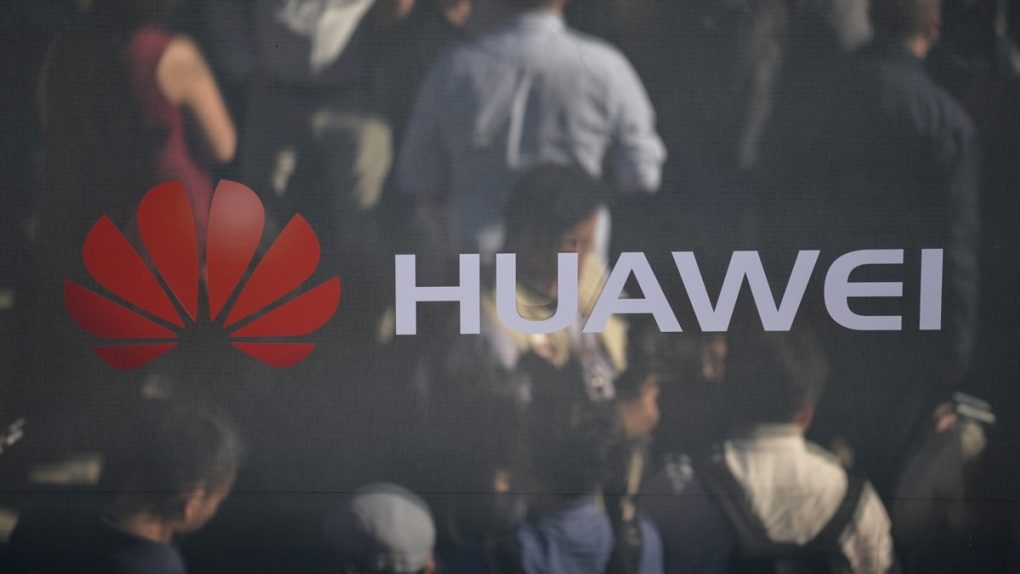Broadcom’s hostile Qualcomm takeover plans hit a massive wall on Monday: Trump. The president issued an order to block the $117 billion Qualcomm buyout, effectively killing what could have been among the biggest tech deals in history.
It all happened over national security issues, and it all has to do with Huawei, a giant Chinese corporation whose ties to Beijing are a cause of concern among intelligence agencies. The best part about it is that Huawei did nothing to block the Qualcomm deal. Well, other than advancing 5G technology development at a rapid pace.
Over the weekend, news emerged that Intel was interested in buying Broadcom, which was still looking to buy Qualcomm, which wants to acquire NXP. That’s probably a mergers-from-hell kind of scenario for competitors, including Samsung and Huawei, both when it comes to 5G networking technology but also other chip tech that’s currently in use in all sorts of smartphones and connected devices.
Intel’s Broadcom deal alone would be worth $170 billion, according to Barron’s, and that’s without the successful Broadcom acquisition of Qualcomm. In fact, reports last week said Intel was waiting to see the Broadcom deal fall through so that it could move forward with its own acquisition plans.
So what role did Huawei have in the Broadcom/Qualcomm deal? Bloomberg explains it best in one word: None.
But Huawei is still the reason why Trump’s administration intervened to block the purchase. The US government is worried that Broadcom would slowdown Qualcomm’s 5G R&D spending, a move that would solidify Huawei’s lead and favor China. The real reason why the government is taking all these measures against a Chinese company is a different one: Huawei’s ties with the Chinese government aren’t exactly clear. The company tried for years to distance itself from Beijing but was never able to fully explain its relationship with the government. That’s why the heads of various US intelligence agencies managed to block US carriers from selling Huawei’s latest iPhone rival a few months ago, warning that all Huawei equipment might pose security threats.
Just because Trump blocked Broadcom’s plans doesn’t automatically mean that the US will have a lead over China when it comes to 5G. Huawei does own a tenth of essential patents pertaining to 5G though, and it’s eying full-scale commercialization of 5G networks by 2020. “Huawei is now not just the leading provider in the world’s largest telecommunications equipment, but also a dominant player across the planet,” Bloomberg explains.
Also of note, China’s minister for information technology said in an interview last week that the country is already preparing for the development of 6G technologies.








